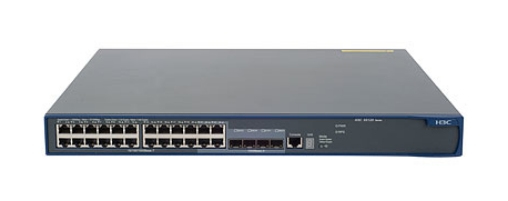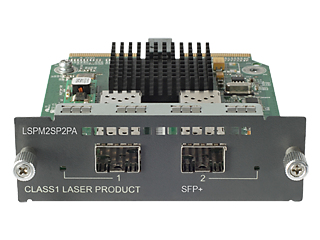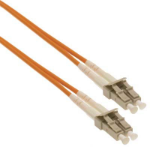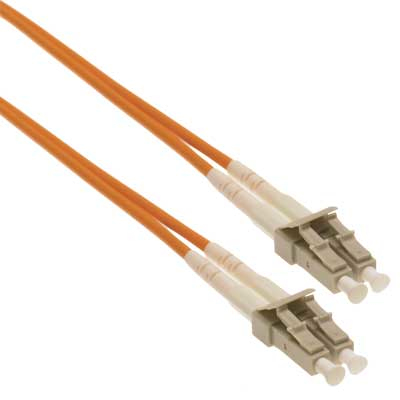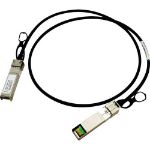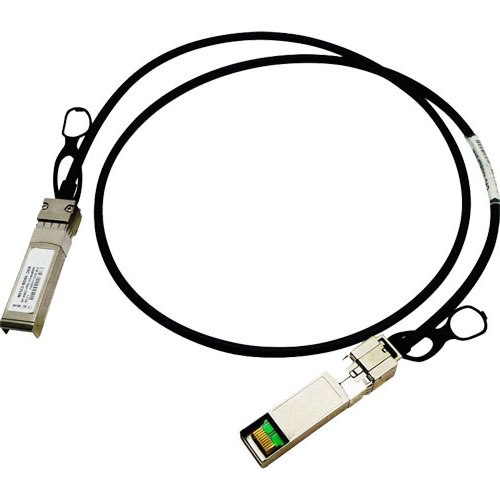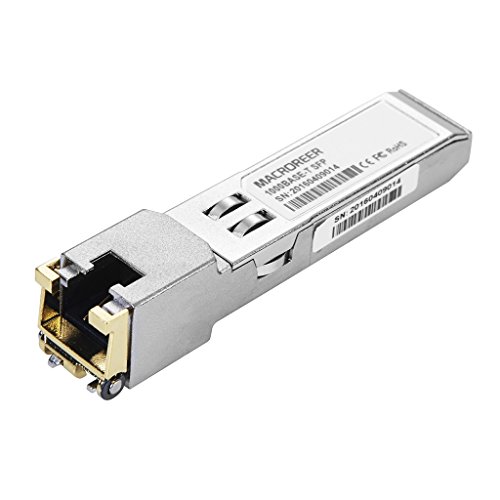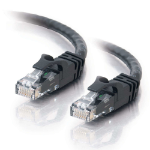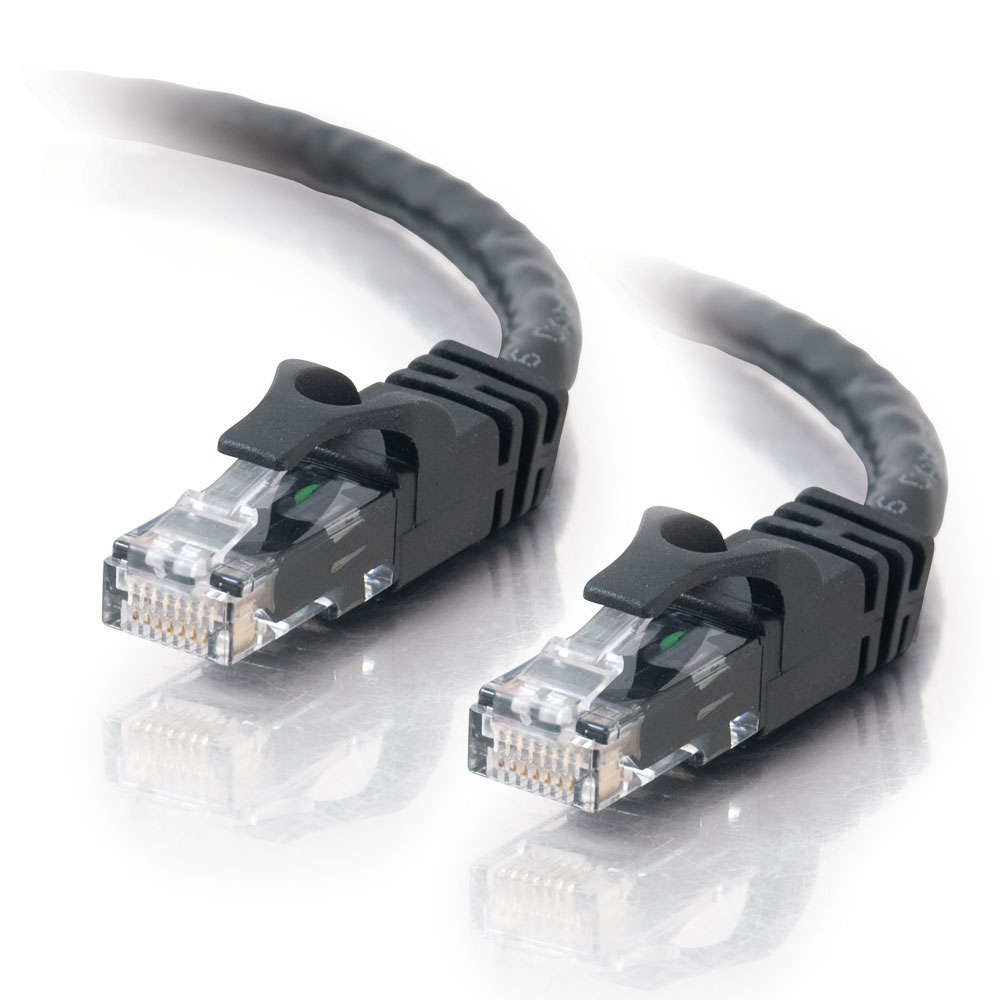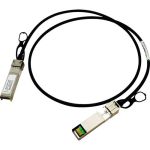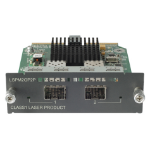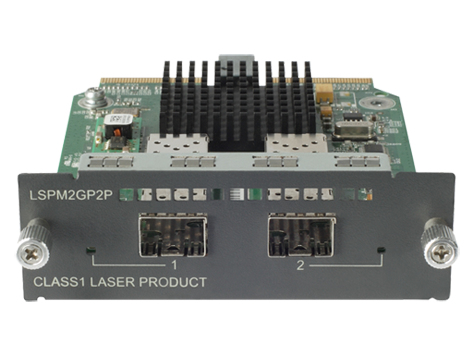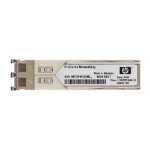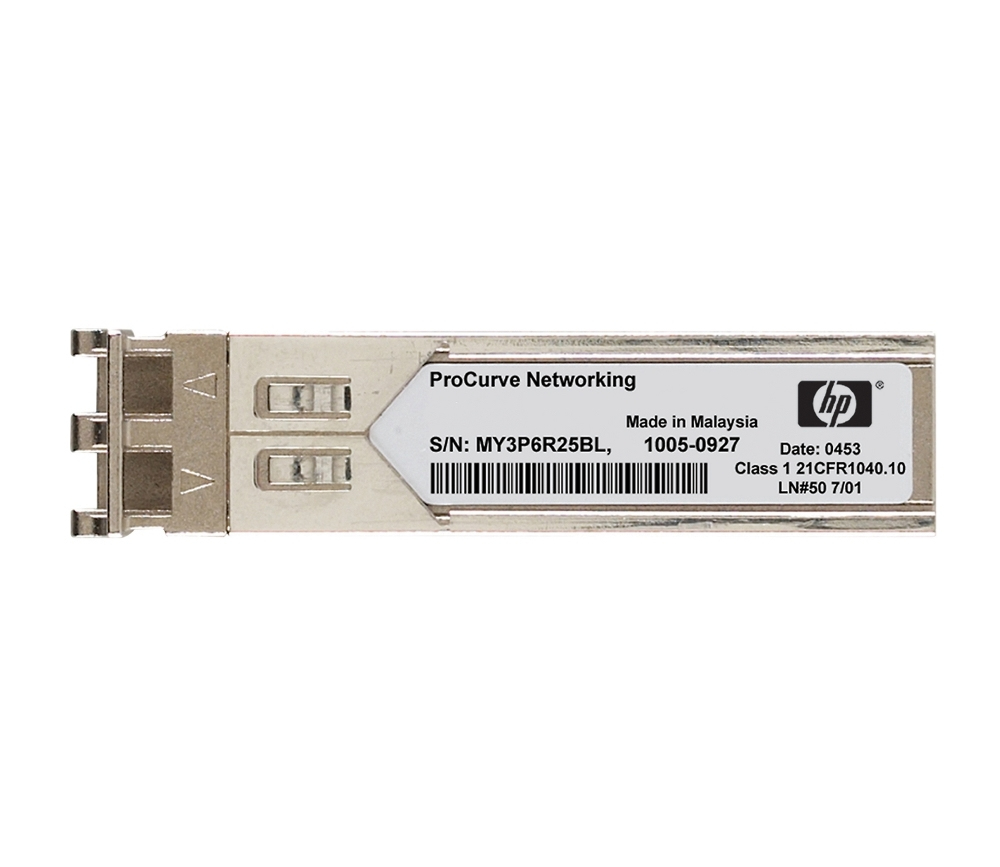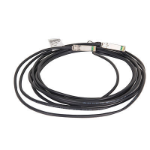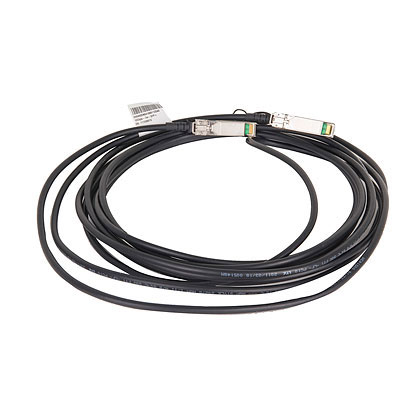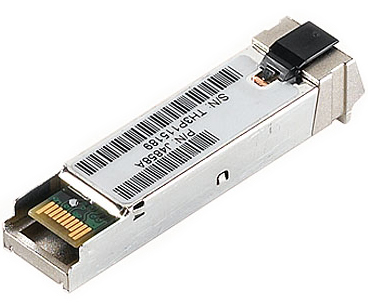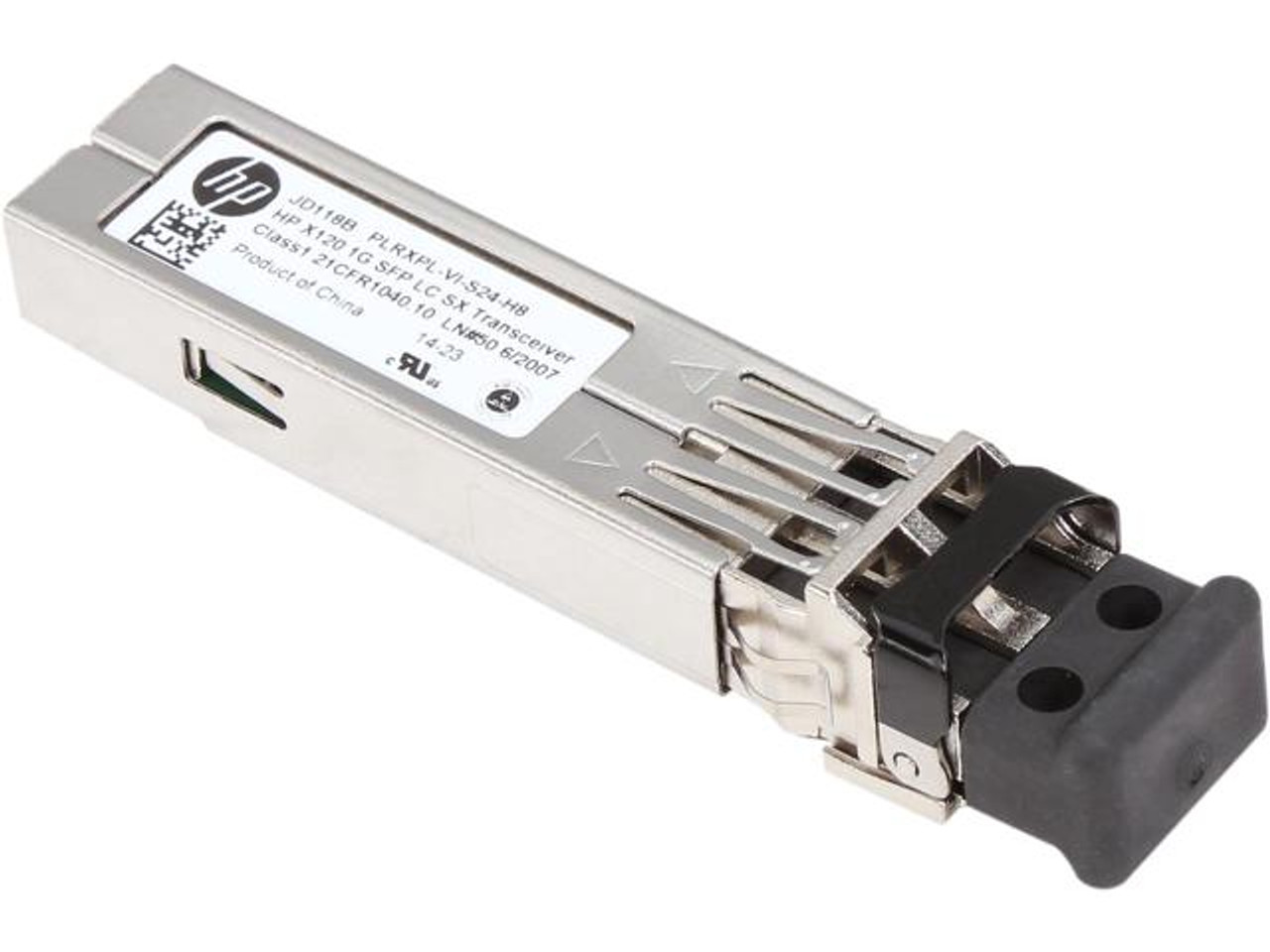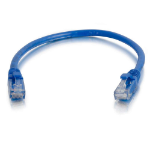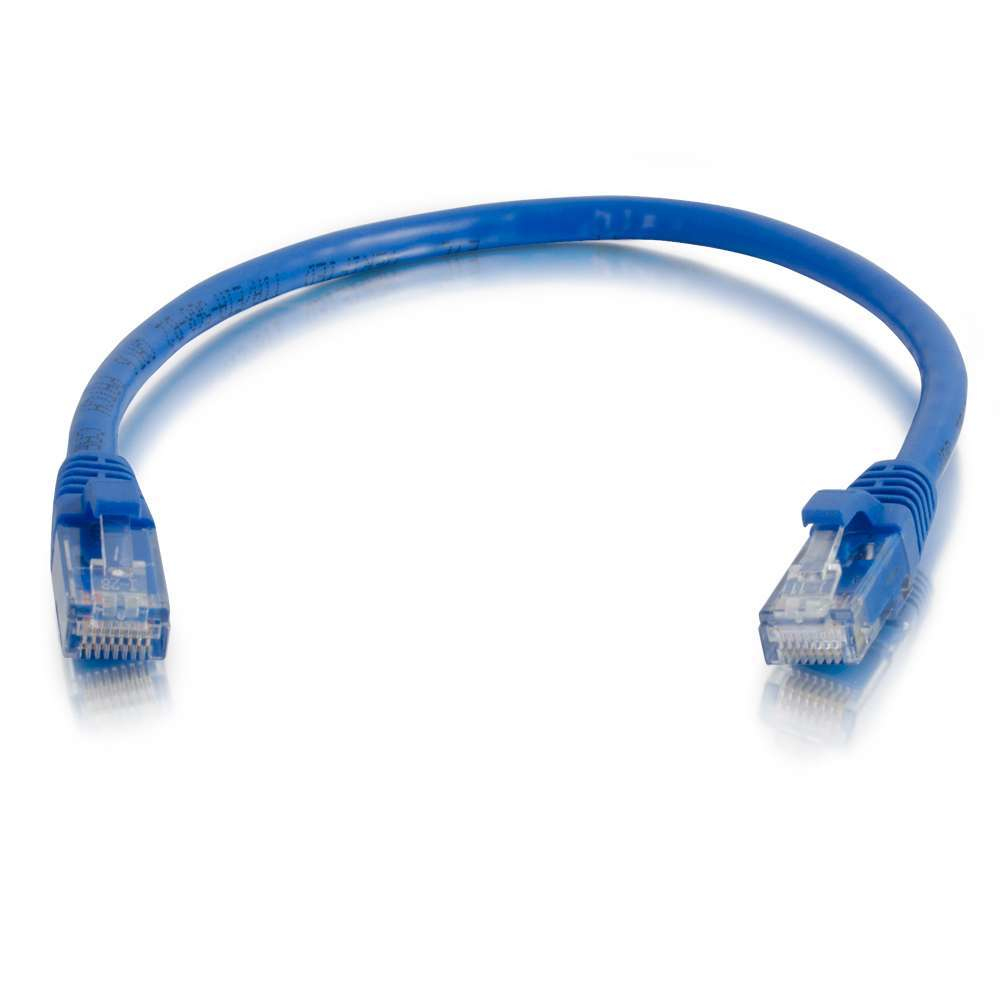Pre Sales & Technical Support
Search
All categories
-
Storage
-
Printers & Projectors
-
Software
-
TV & Multimedia
-
Audio Visual Equipment
- Speakers
- CD Players
- Radios
- Microphones
- Loudspeakers
-
AV/Multimedia Parts
- Bluetooth Music Receivers
- Multimedia Kits
- FM Transmitters
- Wireless Display Adapters
- Stereoscopic 3D Glasses
- Audio Splitters
- Audio Mixers
- Wireless Audio Transmitters
- Portable Speakers
- Digital Media Players
- Video Splitters
- Video Scalers
- Dictaphones
- Home Audio Systems
- Video Switches
- Antenna Accessories
- Radio Antennas
- Satellite Antenna Accessories
- Headphone Pillows
- Speaker Grilles
- Microphone Parts & Accessories
- Speaker Mounts
- Projector Accessories
- MP3/MP4 Player Cases
- AV Extender Accessories
- Microphone Stands
- Remote Control Accessories
- Matrix Switch Accessories
- DJ Turntables
- Remote Controls
- Audio Turntables
- Soundbar Speakers
- DVD/Blu-Ray Players
- Cassette Players
- MP3/MP4 Players
- Portable Stereo Systems
- Laser Pointers
- Audio Converters
- Speaker Sets
- EDID Emulators
- Video Converters
- AV Receivers
- Digital Audio Streamers
- Video Distributors
- AV Processors
- Video Line Amplifiers
- Video Wall Processors
- Craft Cutting Machine Supplies
- Matrix Switchers
- Craft Cutting Machine Parts & Accessories
- AV Accessories
-
Photo & Video Equipment
- Webcams
- Camcorders
- Tripod & Accessories
-
Camera Accessories
- Lens Caps
- Lens Hoods
- Camera Kits
- Camera Cables
- Camera Cases
- Camera Lenses
- Camera Lens Adapters
- Camera Drone Parts
- Camera Lens Filters
- Camera Brackets
- Camera Monopods
- Camera Housings
- Camera Flashes
- Digital Camera Grips
- Camera Lens Docks
- Camera Drone Cases
- Camera/Camcorder Batteries
- Camera Screen Protectors
- Webcam Accessories
- Camera Remote Controls
- Camera Data Transmitters
- Gimbal Camera Accessories
- Camera Mounting Accessories
- Action Sports Camera Accessories
- Photographic Film Supplies
- Digital Photo Frames & Accessories
- Conference Camera Controllers
- Video Conferencing Systems
- Video Stabilizers
-
Audio Visual Equipment
-
Memory & Optical Drives
- UPS & Batteries
- Gadgets
-
Cables
-
Appliances
- Home Small Appliances
-
Security Appliances
- Sirens
- Security Cameras
- Motion Detectors
- Digital Video Recorders (DVR)
- Network Video Recorders (NVR)
- Fingerprint Readers
- Photoelectric Sensors
- Door & Window Sensors
- Security Alarm Systems
- Surveillance Monitors
- Security Door Controllers
- Security Access Control Systems
- Access Control Readers
- Security Accessories
- Video Surveillance Kits
- Keyless Entry Remotes & Key Fobs
-
Components
-
Building & Construction
-
Work Tools & Hardware
- Construction & Maintain Equipment
- Construction Hardware & Consumables
- Cordless Tools
- Hand Tools
- Power Tools
- Pneumatic Tools
- Tool Attachments & Accessories
- Welding & Soldering
-
Work Tools & Hardware
-
Industrial & Lab Equipment
- Automation Control Devices
- Electronic Components & Supplies
- Industrial Furniture & Storage Structures
- Material Handling Equipment
- Measuring, Testing & Control
- Medical Cleaning & Sterilization Products
- Other Power Supplies
- Retail Store Equipment & Supplies
- Viewing & Observing
- Labelling Machines
-
Building & Construction
-
Networking
-
Servers
- Computing
-
Miscellaneous Products
- Medical Equipment
-
Telecom & Navigation
- Telecom Equipment Installation
- Navigational Equipment
- Call Management Equipment
- Conference Equipment
- Radio Communication Equipment
- Telecommunication Equipment Accessories
You have no items to compare.
Wishlist
You have no items in your wish list.
HPE A A5120-24G L3 1U Grey
923.26
HPE A A5120-24G L3 1U Grey
1U, 24x RJ-45, 10/100/1000, IEEE 802.3/u/ab, 62W
SKU JE066A
Delivery & Return
Write a comment
- All orders shipped with UPS Express.
- Always free shipping for orders over US $250.
- All orders are shipped with a UPS tracking number.
Returns
- Items returned within 14 days of their original shipment date in same as new condition will be eligible for a full refund or store credit.
- Refunds will be charged back to the original form of payment used for purchase.
- Customer is responsible for shipping charges when making returns and shipping/handling fees of original purchase is non-refundable.
- All sale items are final purchases.
Availability:In stock
Only 1 left
£923.26
Details
The HP 5120 EI Switch Series is comprised of Gigabit Ethernet switches that support static Layer 3 routing, diversified services, and IPv6 forwarding, as well as provide up to four 10-Gigabit Ethernet (10 GbE) extended interfaces. Unique Intelligent Resilient Framework (IRF) technology creates a virtual fabric by managing several switches as one logical device, which increases network resilience, performance, and availability while reducing operational complexity. These switches provide Gigabit Ethernet access and can be used at the edge of a network or to connect server clusters in data centers. High scalability provides investment protection with two expansion slots, each of which can support two-port 10 GbE expansion modules. High availability, simplified management, and comprehensive security control policies are among the key features that distinguish this series.
- Broadcast control: allows limitation of broadcast traffic rate to cut down on unwanted network broadcast traffic. Advanced classifier-based QoS: classifies traffic using multiple match criteria based on Layer 2, 3, and 4 information; applies QoS policies such as setting priority level and rate limit to selected traffic on a port, VLAN, or whole switch. Powerful QoS feature: supports the following congestion actions: strict priority (SP) queuing, weighted round robin (WRR), and SP+WRR. Traffic policing: supports Committed Access Rate (CAR) and line rate.
- Friendly port names: allow assignment of descriptive names to ports. Remote configuration and management: is available through a secure Web browser or a command-line interface (CLI). Manager and operator privilege levels: enable read-only (operator) and read/write (manager) access on CLI and Web browser management interfaces. Command authorization: leverages HWTACACS to link a custom list of CLI commands to an individual network administrator's login; also provides an audit trail. Secure Web GUI: provides a secure, easy-to-use graphical interface for configuring the module via HTTPS.
- Auto-MDIX: automatically adjusts for straight-through or crossover cables on all 10/100/1000 ports. Flow control: using standard IEEE 802.3x, it provides back pressure to reduce congestion in heavy traffic situations. Jumbo packet support: supports up to 9216-byte frame size to improve the performance of large data transfers. High-density connectivity: provides up to 48 fixed 10/100/1000BASE-T ports in a Layer 2/Layer 3 switch. Optional 10 GbE ports: through the use of optional modules, additional 10 GbE connections are available for uplinks or high-bandwidth server connections; flexibly supports XFP, SFP+, or CX4 local connections.
- Nonblocking architecture: up to 192 Gbps nonblocking switching fabric provides wire-speed switching with up to 143 million pps throughput. Hardware-based wire-speed access control lists (ACLs): feature-rich ACL implementation (TCAM-based) helps ensure high levels of security and ease of administration without impacting network performance.
- Separate data and control paths: keeps control separated from services and keeps service processing isolated; increases security and performance. External redundant power supply: provides high reliability. Smart link: allows 50 ms failover between links. Spanning Tree/MSTP, RSTP: provides redundant links while preventing network loops. Rapid Ring Protection Protocol (RRPP): connects multiple switches in a high-performance ring using standard Ethernet technology; traffic can be rerouted around the ring in less than 50 ms, reducing the impact on traffic and applications.
- 16K MAC address table: provides access to many Layer 2 devices. VLAN support and tagging: support IEEE 802.1Q with 4,094 simultaneous VLAN IDs. GARP VLAN Registration Protocol: allows automatic learning and dynamic assignment of VLANs. IEEE 802.1ad QinQ and Selective QinQ: increase the scalability of an Ethernet network by providing a hierarchical structure; connect multiple LANs on a high-speed campus or metro network. 10 GbE port aggregation: allows grouping of ports to increase overall data throughput to a remote device.
- Broadcast control: allows limitation of broadcast traffic rate to cut down on unwanted network broadcast traffic. Advanced classifier-based QoS: classifies traffic using multiple match criteria based on Layer 2, 3, and 4 information; applies QoS policies such as setting priority level and rate limit to selected traffic on a port, VLAN, or whole switch. Powerful QoS feature: supports the following congestion actions: strict priority (SP) queuing, weighted round robin (WRR), and SP+WRR. Traffic policing: supports Committed Access Rate (CAR) and line rate.
- Friendly port names: allow assignment of descriptive names to ports. Remote configuration and management: is available through a secure Web browser or a command-line interface (CLI). Manager and operator privilege levels: enable read-only (operator) and read/write (manager) access on CLI and Web browser management interfaces. Command authorization: leverages HWTACACS to link a custom list of CLI commands to an individual network administrator's login; also provides an audit trail. Secure Web GUI: provides a secure, easy-to-use graphical interface for configuring the module via HTTPS.
- Auto-MDIX: automatically adjusts for straight-through or crossover cables on all 10/100/1000 ports. Flow control: using standard IEEE 802.3x, it provides back pressure to reduce congestion in heavy traffic situations. Jumbo packet support: supports up to 9216-byte frame size to improve the performance of large data transfers. High-density connectivity: provides up to 48 fixed 10/100/1000BASE-T ports in a Layer 2/Layer 3 switch. Optional 10 GbE ports: through the use of optional modules, additional 10 GbE connections are available for uplinks or high-bandwidth server connections; flexibly supports XFP, SFP+, or CX4 local connections.
- Nonblocking architecture: up to 192 Gbps nonblocking switching fabric provides wire-speed switching with up to 143 million pps throughput. Hardware-based wire-speed access control lists (ACLs): feature-rich ACL implementation (TCAM-based) helps ensure high levels of security and ease of administration without impacting network performance.
- Separate data and control paths: keeps control separated from services and keeps service processing isolated; increases security and performance. External redundant power supply: provides high reliability. Smart link: allows 50 ms failover between links. Spanning Tree/MSTP, RSTP: provides redundant links while preventing network loops. Rapid Ring Protection Protocol (RRPP): connects multiple switches in a high-performance ring using standard Ethernet technology; traffic can be rerouted around the ring in less than 50 ms, reducing the impact on traffic and applications.
- 16K MAC address table: provides access to many Layer 2 devices. VLAN support and tagging: support IEEE 802.1Q with 4,094 simultaneous VLAN IDs. GARP VLAN Registration Protocol: allows automatic learning and dynamic assignment of VLANs. IEEE 802.1ad QinQ and Selective QinQ: increase the scalability of an Ethernet network by providing a hierarchical structure; connect multiple LANs on a high-speed campus or metro network. 10 GbE port aggregation: allows grouping of ports to increase overall data throughput to a remote device.
More Information
| SKU | JE066A | ||||||||||||||||||||||||||||||||||||||||||||||||||||||||||||||||||||||||||||||
|---|---|---|---|---|---|---|---|---|---|---|---|---|---|---|---|---|---|---|---|---|---|---|---|---|---|---|---|---|---|---|---|---|---|---|---|---|---|---|---|---|---|---|---|---|---|---|---|---|---|---|---|---|---|---|---|---|---|---|---|---|---|---|---|---|---|---|---|---|---|---|---|---|---|---|---|---|---|---|---|
| EAN | 0885631201251 | ||||||||||||||||||||||||||||||||||||||||||||||||||||||||||||||||||||||||||||||
| Specification |
|
||||||||||||||||||||||||||||||||||||||||||||||||||||||||||||||||||||||||||||||
| Manufacturer | HPE | ||||||||||||||||||||||||||||||||||||||||||||||||||||||||||||||||||||||||||||||
| In Stock | Y | ||||||||||||||||||||||||||||||||||||||||||||||||||||||||||||||||||||||||||||||
| Meta Description | 1U, 24x RJ-45, 10/100/1000, IEEE 802.3/u/ab, 62W | ||||||||||||||||||||||||||||||||||||||||||||||||||||||||||||||||||||||||||||||
Reviews
Write Your Own Review
Related Products
Check items to add to the cart or

